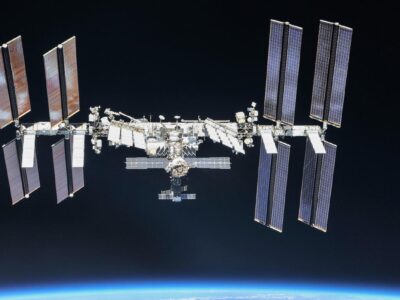What will happen if an Asteroid crashed into the Ocean?
Referring to the meteorite fall, would we think of disaster caused dinosaurs extinction. However, it was the exception, because meteorites block Meanwhile, if the hypothesis is true, it has a diameter of up to hundreds of kilometres.
So if a smaller asteroid, with a diameter of only a few hundred meters of the ocean falls, what will happen. This scenario is not far-fetched, because in 2036, Apophis asteroid 270 meters in diameter can fall to the Pacific. This asteroid impacts than 26,000 times the atomic bomb dropped on Hiroshima. Today we are going to find the answer to this problem, based on recent results from the simulator model at Los Alamos National Laboratory (USA).
Since 70% of the planet’s surface is water, so ‘meteorite crashed into the ocean’ is a reasonable hypothesis, and there are many more possibilities.
If above ground, meteorites falling created a large hole could swallow up the whole city, the ocean, the meteorite fall will have two effects:
1) that the volume of water in the area enclosed air collision pulse emitted around, and
2) steam heat to evaporate before the meteorite due to friction with the atmosphere. We will seek to understand each factor and consider their impact.
1) The volume of water in the area enclosed collision shock waves emitted around
Although the meteorite fell into the ocean could generate large waves, giant even hundreds of kilometres each, but unless the collision occurred relatively close to shore, the simulation results show that not many its ability to cause a tsunami that devastated the coast.
That is because the shock waves from the asteroid collision is relatively short compared to, such as an earthquake. This means that the volume of water being thrown from the area around the collision will not spread too far, too wide.
If the collision is located within a radius of 10-20 km of a coastline crowded, the consequences will be incalculable: severe flooding, the shock wave in the air, the temperature surge and winds level storms appear.
2) Steam heat of evaporating meteors before friction with the atmosphere
The heat from the friction caused by the meteorite with the atmosphere when the fall could vaporise millions of tons of water. In one simulation, evaporation by up to 250 million tons. This water will eventually enter the stratosphere, and have persisted there for months, even years.
Same CO2, water vapor is also a greenhouse gases, thereby contributing to the promotion of global warming.
This test applies only to the asteroid with a diameter small, common in the solar system. In general, at that size, they generate large waves, but less dangerous. Darkest scenario, as described above, the meteorite fell near the coast. Just affecting geological background, the tsunami has created hundreds of meters, which would be terrible disaster.
The study has been presented at the American Geophysical Union conference in San Francisco (USA).
Watch Video to Know More:
Source: ScienceAlert






